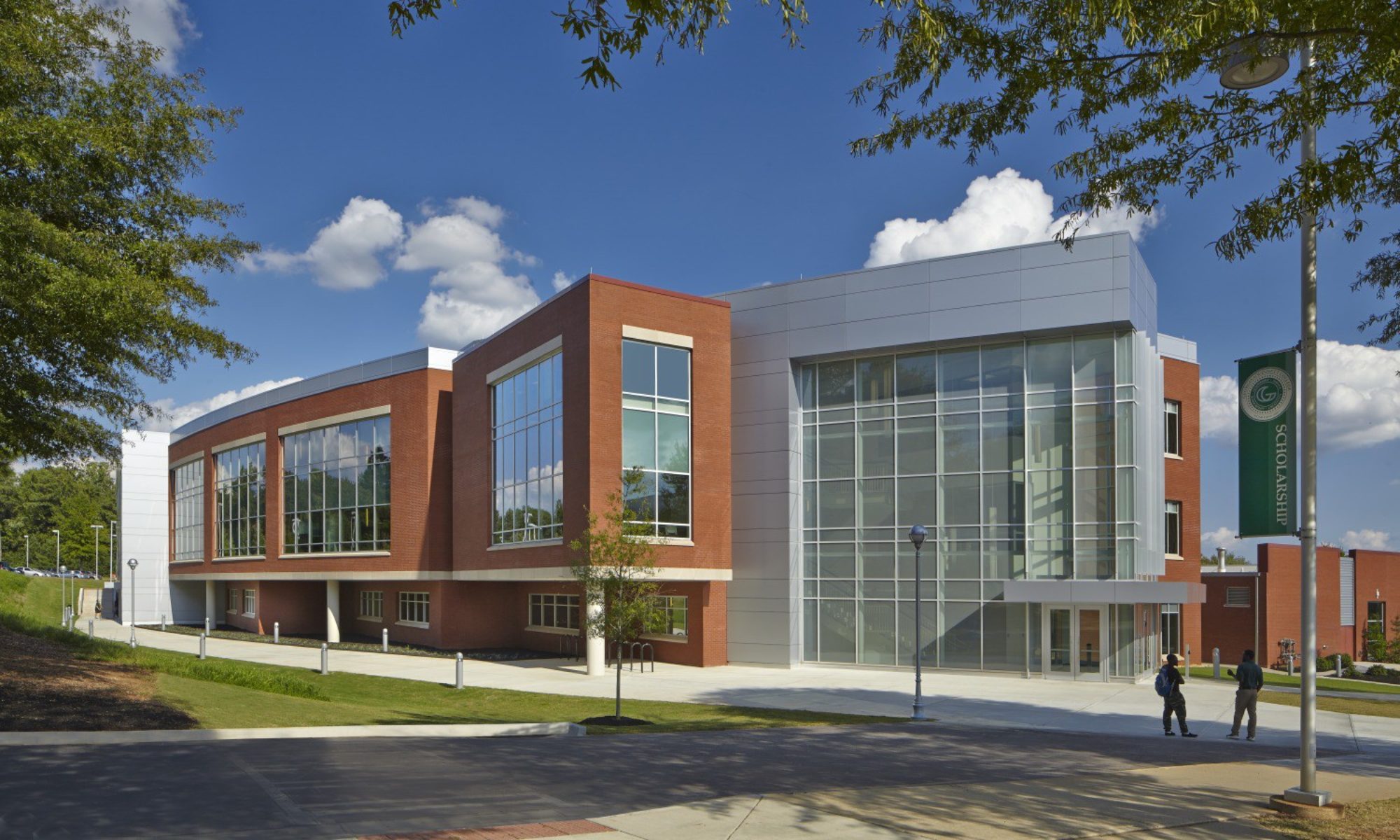The CTE Winter Institute (January 06 – 07, 2021)
Do you want to keep your students motivated and engaged? Thinking about integrating self-care into your routine in a more purposeful way? Looking for a way to recharge and reinvigorate yourself? Reflecting about the past year and how to include more of your students’ perspectives and identities into the decisions made in the classroom?
Join the CTE for our Winter Institute as we reflect on engagement in the online arena, looking at ways to integrate self-care and well-being during difficult times and explore practices to make our classrooms spaces where diversity, equity and inclusion are valued and practiced.
The Institute will take place on January 7th, with several pre-institute sessions focused on student success scheduled on January 6th.
For more information and/or to register for the workshops, go to the CTE Winter Institute website
The GGC Teaching, Learning, and Research Symposium (January 13 – 14, 2021)
As we have worked in greater isolation, you have found ways to make connections; as we have discovered new challenges, you have invented new solutions; as we have re-examined our priorities and commitments, you have re-invested in education, in students, and in the mission of higher education. This symposium showcases the insights and innovations of that re-investment. Importantly, it also provides an opportunity to listen and to share. As we have found new ways to work collaboratively and safeguard health, one of the quieter losses has been casual and unplanned collaboration: incidental office suite conversations, discussions that spill from the classroom to the hallway, new ideas over a shared lunch table, the beginning of plan formed on a walk from one building to another. To combat this loss, we must be intentional about making time to learn from others, to hear what worked (and what didn’t). We need not know what we will learn; it is enough to know we are engaged in the same work of teaching, learning and research, and to know good ideas grow when we share and listen.
GGC’s Teaching, Learning, and Research Symposium has come together because of collaboration and shared values. The Business, Economic, and Applied Research Center (BEAR) in the School of Business; the Center for Teaching Excellence; the Office of the Provost are excited to welcome presentations from within GGC, the broader USG system, and beyond. Thank you for your commitment to teaching, to learning, and to research, and for your support of the mission and community of higher education.
Follow this link for more information and/or to access the workshops.
